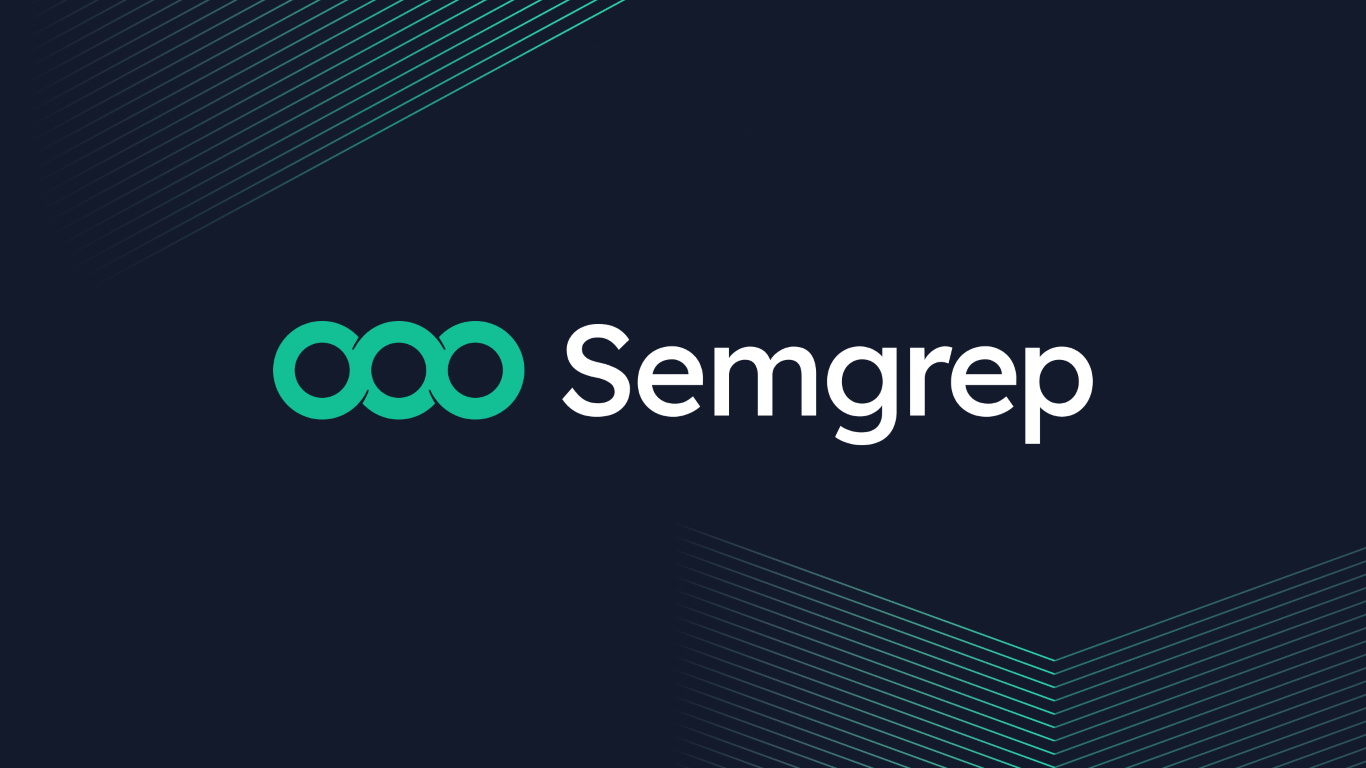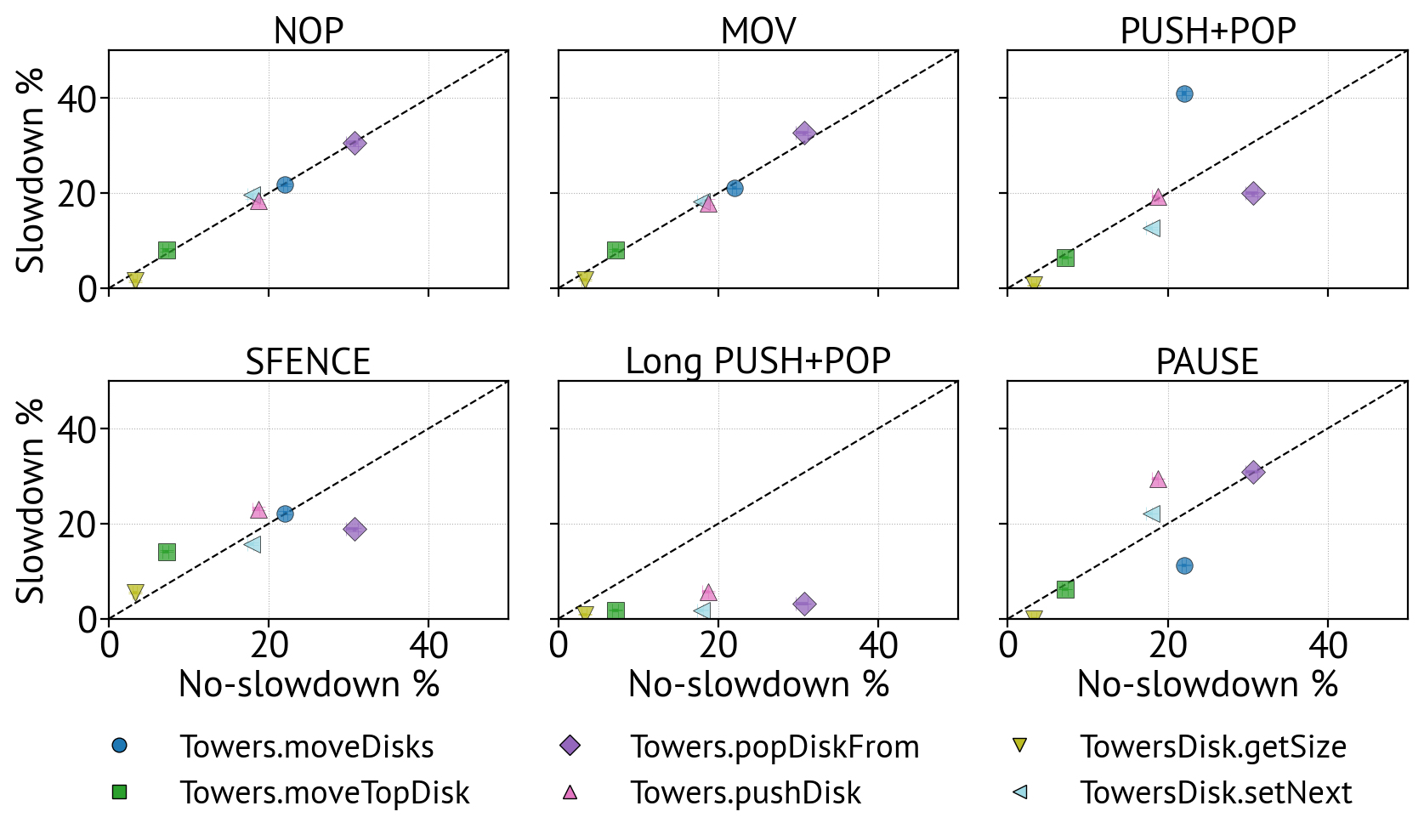Trystero: Real-time Collaboration Reimagined
Trystero is a fascinating real-time collaborative platform leveraging technologies like BitTorrent, Nostr, MQTT, IPFS, Supabase, and Firebase to synchronize mouse movements and clicks in real-time. Simple code allows joining rooms, listening for peer joins/leaves, and broadcasting/receiving mouse movements and clicks. Trystero's potential extends far beyond this, supporting audio/video streams and binary data, opening up endless possibilities for real-time collaboration.












